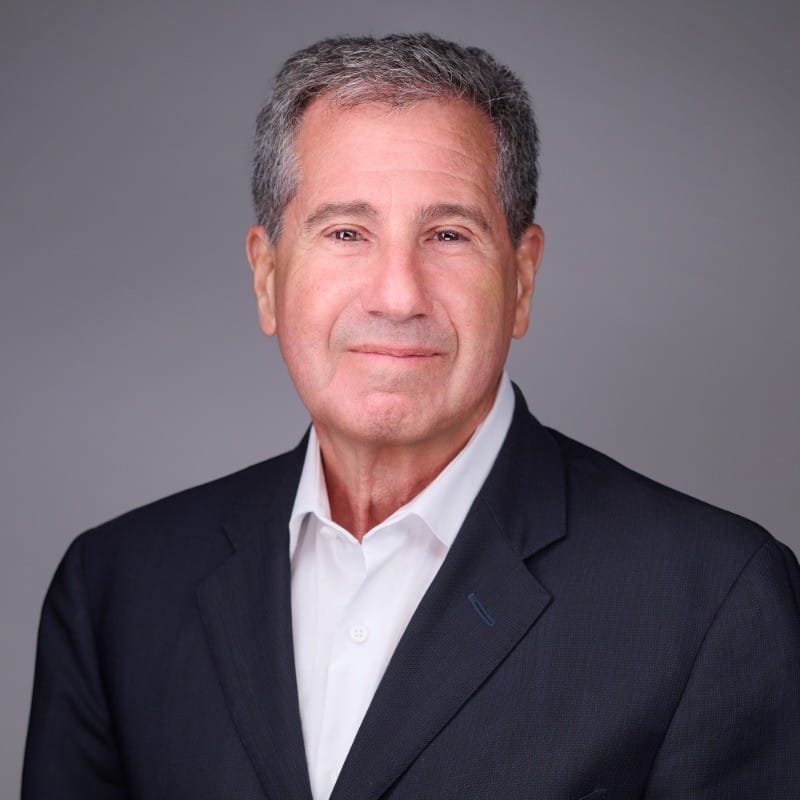
Research
Rumination, the Default Mode Network, and How Neuroplasticity Changes Over Time
August 13, 2024
Featuring: Dr. Jerry Rosenbaum & Sharmin Ghaznavi, MD, Ph.D.
Rumination, or repetitive self-focused thought that’s typically critical and/or negative, is at the heart of many psychiatric disorders. Could psychedelics and psychedelic-assisted therapy help?

Rumination, or repetitive self-focused thought that’s typically critical and/or negative, is at the heart of many psychiatric disorders. Could psychedelics and psychedelic-assisted therapy help?
In this episode, Chris Koddermann interviews two members of the Center for the Neuroscience of Psychedelics at Mass General Hospital: founding director, author, and co-founder of three drug development companies, Dr. Jerry Rosenbaum; and psychiatrist and associate director and director of cognitive neuroscience, Sharmin Ghaznavi, MD, Ph.D.
Rosenbaum and Ghaznavi bonded over an interest in rumination, and wondered: How could the plasticity-inducing effects of psychedelics change these negative loops people find themselves in? How important is the ability to break out of those loops – and learn new patterns – when our concept of self is so central to who we are? Ghaznavi is studying the effects of psilocybin on rumination and scanning patients at multiple times throughout the process to track data we still don’t really have: how psychedelic-induced neuroplasticity changes over time, and why.
They discuss:
- How much of a role the default mode network takes in the therapeutic benefits of psychedelics: Is it overblown?
- Hyperscanning, which involves scanning two individuals at the same time, looking for potential concordance in signal and/or an increased alliance between the therapist and patient
- The Schultes Legacy Project and the work of Stephen Haggarty to explore the potential of largely unstudied psychoactive plants
- Critiques of the recent ruling on Lykos and MDMA-assisted therapy and the clash between the FDA and the advisory committee: Were they really on the same page?
- The false dichotomy of neuroscience vs. patient experience: Does the subjective experience actually increase plasticity and other measurable benefits?
and more!
Links
The Center for the Neuroscience of Psychedelics
Psypost.org: Therapeutic alliance plays a key role in MDMA-assisted psychotherapy for PTSD
*Amazon links are affiliate links, meaning that Psychedelics Today will receive a percentage of the sale



